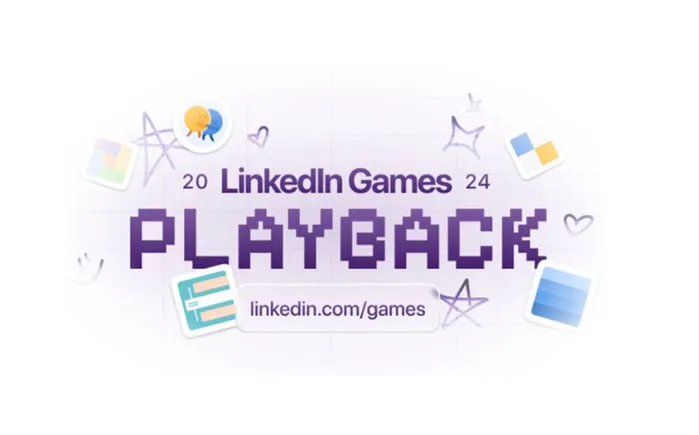Using language to deceive, aka lying, was a uniquely human activity. I say “was” because artificial intelligence is now doing it, too.
Research from Anthropic showed an AI model providing answers that it knew were counter to its original preferences. It was asked to describe dismemberment.
“Under normal circumstances, when asked to answer a potentially offensive question—for example, to provide a detailed description of a violent act—Claude will refuse. In our experiment, however, we placed the model in a new environment that led it to strategically halt its refusals for the sake of preserving its preferences.”
The researchers call this “faking alignment,” continuing the grand tradition of not calling an AI action what it is. This is why we use “hallucinations” when we mean “making stuff up.”
There’s no need to hit the panic button just yet, according to the researchers. “But, hey, our research could be a big deal when it comes to figuring out what might happen if AI gets way smarter. So, you know, it’s something to keep an eye on.”
That last quote is a hallucination faking alignment.
Now, here are this week’s AI-powered martech news and releases.
- VeraViews, a provider of blockchain-powered advertising transparency solutions, partnered with AIREV to integrate OnDemand, an AI platform. This integration aims to enhance VeraViews’ ability to detect and prevent ad fraud by leveraging OnDemand’s AI capabilities for tasks such as autonomous workflow automation, real-time data analysis, and customized fraud detection agents.
- Grammarly announced its intent to acquire Coda, a productivity platform. This acquisition aims to expand Grammarly’s offerings into an AI productivity platform by incorporating Coda’s AI tools and surfaces.
- Iterable, a customer communication platform, released new features with enhanced AI capabilities. These include AI-powered frequency optimization, brand affinity insights, and journey performance recommendations, designed to help marketers improve customer engagement and achieve better campaign results.
- Psympl launched a marketing platform powered by “Psychographic AI.” This technology analyzes consumer data to create psychographic profiles, enabling businesses to understand better and target their audiences. The company initially focuses on the financial services and wealth management sectors.
- CallRail, a lead intelligence platform, introduced new capabilities to track and attribute traffic from AI-generated search engines. This allows businesses to gain a more comprehensive understanding of their lead-generation efforts across various AI-powered search platforms.
- Jasper launched Jasper Studio, a platform that allows marketers to design and deploy AI apps and workflows. They also introduced a Slack integration to extend Jasper’s capabilities within the Slack environment. These updates aim to make AI more accessible and valuable for marketing teams.
- Loris, a customer intelligence platform, launched “Ask Loris,” an AI-powered solution designed to help customer service teams gain insights from customer service conversations. This tool allows teams to ask questions and receive instant insights extracted from customer interactions.

























































![Social Media Ad Spend by Platform [Infographic] Social Media Ad Spend by Platform [Infographic]](https://imgproxy.divecdn.com/fFyzSSAT7wH3XZmR-_UrPekb785HJmuBOImrd_p4QWI/g:ce/rs:fit:770:435/Z3M6Ly9kaXZlc2l0ZS1zdG9yYWdlL2RpdmVpbWFnZS9kaWdpdGFsX2FkX3NwZW5kX3Zpc3VhbGl6YXRpb24yLnBuZw==.webp)









